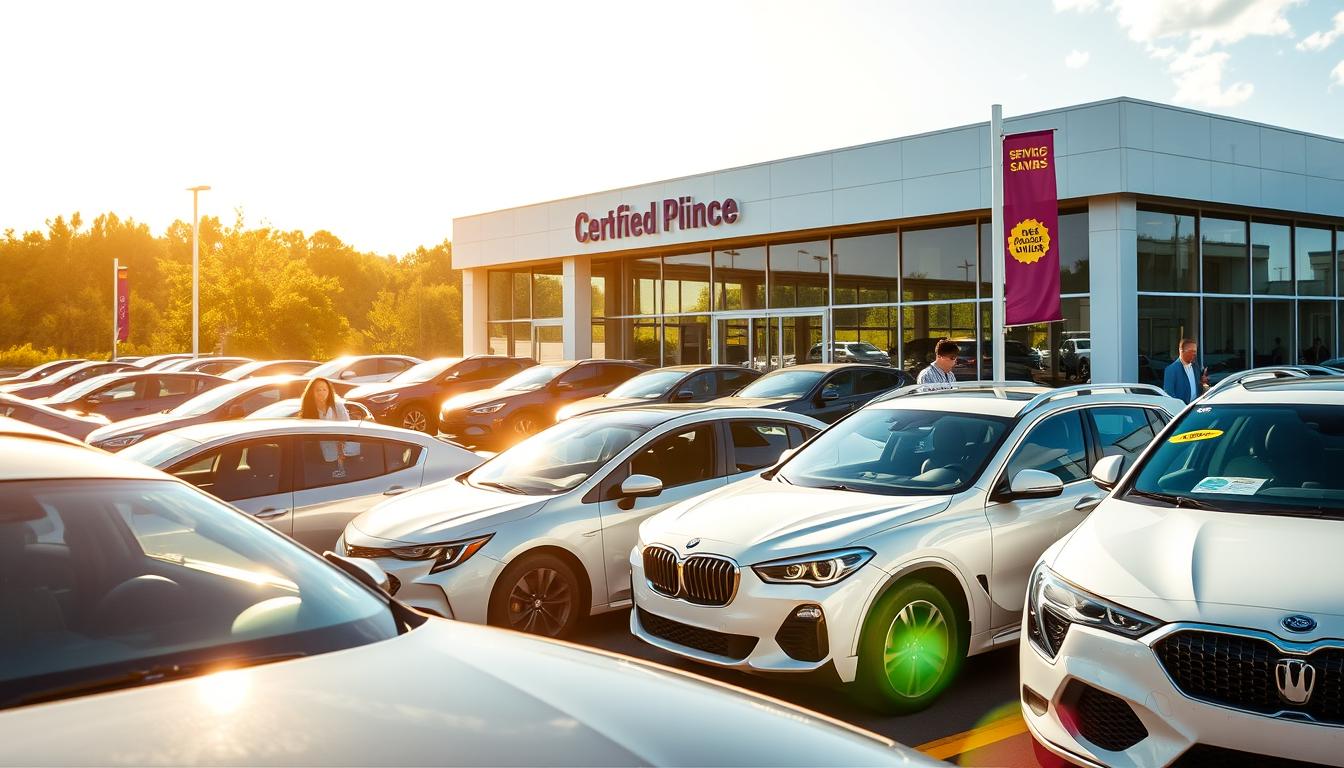Car insurance is a crucial financial tool that protects drivers from unexpected expenses in the event of an accident, theft, or damage to their vehicles. In the United States, having car insurance is not just a choice; it’s a legal requirement in most states. Understanding the different types of coverage, how insurance premiums are calculated, and how to find the best policy for your needs can help you make informed decisions. This guide will walk you through everything you need to know about car insurance in the U.S.
Why Car Insurance is Essential
Car insurance provides financial protection in various situations, including accidents, natural disasters, and vehicle theft. Without proper coverage, you could be responsible for paying thousands of dollars in damages and medical bills. Additionally, driving without insurance can lead to severe legal penalties, including fines, license suspension, and even jail time in some cases.
Types of Car Insurance Coverage
1. Liability Coverage
Liability insurance is the minimum required coverage in most states. It covers:
- Bodily injury liability (BIL): Pays for injuries to others if you are at fault in an accident.
- Property damage liability (PDL): Covers damage to another person’s property, such as their car or a fence.
2. Collision Coverage
This covers the cost of repairing or replacing your vehicle if it is damaged in a collision, regardless of who is at fault.
3. Comprehensive Coverage
Comprehensive insurance pays for non-collision-related damages, such as:
- Theft
- Vandalism
- Natural disasters (hail, floods, hurricanes, etc.)
- Falling objects
4. Personal Injury Protection (PIP)
Required in some states, PIP covers medical expenses for you and your passengers, regardless of who caused the accident. It may also cover lost wages and rehabilitation costs.
5. Uninsured/Underinsured Motorist Coverage
This protects you if you are in an accident with a driver who has little or no insurance.
6. Gap Insurance
If you owe more on your car loan than your car’s actual value, gap insurance covers the difference if your car is totaled.
Factors That Affect Car Insurance Rates
Several factors influence how much you will pay for car insurance, including:
- Driving Record: A history of accidents or traffic violations increases your premium.
- Age and Gender: Younger and inexperienced drivers typically pay higher rates.
- Location: Urban areas have higher rates due to increased traffic and theft risks.
- Vehicle Type: Luxury and sports cars cost more to insure.
- Credit Score: In many states, a higher credit score can result in lower premiums.
- Coverage Limits and Deductibles: Higher coverage limits increase premiums, while higher deductibles lower them.
How to Find the Best Car Insurance Policy
1. Compare Multiple Quotes
Shopping around and comparing quotes from different insurers is the best way to find an affordable policy.
2. Check Discounts
Many insurers offer discounts for:
- Good driving records
- Bundling home and auto insurance
- Installing anti-theft devices
- Being a student with good grades
3. Consider Usage-Based Insurance
Some companies offer discounts based on your driving habits, tracked through a mobile app or device.
4. Review Policy Details Carefully
Ensure that your policy covers all your needs and that you understand any exclusions or limitations.
What to Do After an Accident
If you are involved in an accident, follow these steps:
- Ensure Safety: Check for injuries and move to a safe location.
- Call Emergency Services: Report the accident to the police.
- Exchange Information: Collect names, contact details, and insurance information from other drivers.
- Document the Scene: Take pictures of the vehicles and surroundings.
- Notify Your Insurance Company: File a claim as soon as possible.
Conclusion
Car insurance is an essential aspect of responsible vehicle ownership. Understanding your coverage options, comparing policies, and maintaining a good driving record can help you find the best insurance at the best price. By staying informed and proactive, you can ensure that you are adequately protected on the road.
